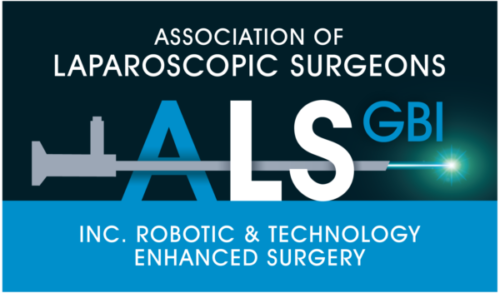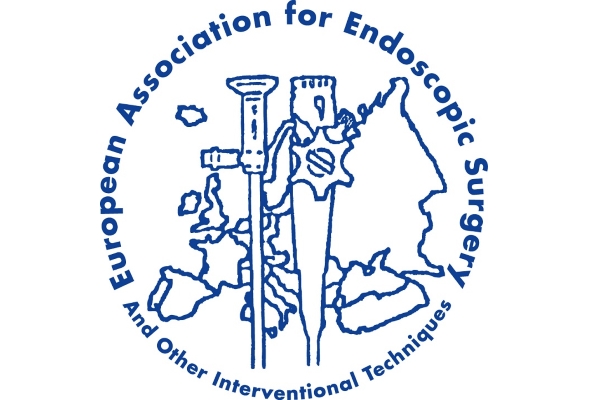Dileep presented this study below at the European Association of Endoscopic Surgeons (EAES) Annual Congress 2022 at Krakow, Poland as a poster and also gave a short oral presentation. He was awarded a prize and one year’s free EAES membership:
 CHANGE IS DIFFICULT BUT SOMETIMES MUST HAPPEN, FOR SAFETY AND SURVIVAL
CHANGE IS DIFFICULT BUT SOMETIMES MUST HAPPEN, FOR SAFETY AND SURVIVAL
I remember from my early years at school, laws of physics, which hardly made any sense then, but later proved to be of significant importance in daily life. One of the very interesting ones, was Law of Inertia. That in ordinary words means, things tend to stand still or move at the same speed unless someone changes them, but this requires significant force. That is very true in every walk of life, especially in NHS, where we see problems and seek solutions, which mostly require changes to the status co, but this is most of times very challenging due to our work culture. To overcome this, we need strong evidence, strategy, planning, education, and many more means to convince the authorities, to break the inertia, the very force we talked about in the Law of Inertia.
Much awaited COVID-19 restrictions are over and we are back to our normal life. The world is so much fed up discussing COVID-19, that it feels like the thing of the past, like a nightmare, which no one want to remember. We witnessed COVID-19 severely affecting us with the loss of loved ones, isolation, loss of liberty of life, loss of finances, and being pushed us into this package of crises named ‘Cost of Living Crises”. However, COVID-19, at a smaller level, has left some positive effects on us. These positive effects include global co-operation in making and distributing vaccines, global research and sharing of data, but above all it has broken the inertia and acted as universal force to think outside of the box, break the bureaucratic inertia for rapid changes required to fight global challenges. I suppose this is the biggest lesson from the pandemic, to identify the problem and its root cause, to make simple and acceptable changes, implement and monitor changes, collect the data to measure the effects of interventions and policy changes to maintain the changes for continued positive impact.
During the first COVID-19 pandemic, I noticed that in our hospital we were not discussing COVID-19 as a potential risk in peri-operative period with high risk of morbidity and mortality, despite the published evidence in early first wave of pandemic quoting high mortality up to 23% and respiratory complication up to 50%1. This was against GMC’s guidance for good clinical practice recommending all material risks to be discussed with patients2 and Royal College of Surgeons, England guidelines for COVID-19 consent3. I found out that we had COVID-19 specific consent forms available in our hospital board, still not used for some unknown reasons. This provided the need for quality improvement project. I designed a 3-phase study.
In phase-1, we would check the current practice of consent regarding COVID-19 related risks in emergency and trauma theatres across all specialties using emergency theatres.
Phase-2, we aimed to analyse data, identify reasons of any poor compliance, make recommendations, implement changes and then re-audit to check the effect.
The success of phase 2 would decide the actions in phase 3.
In phase-1, data was collected for 1 week and as expected showed poor performance. Only 1.2% used COVID-19 specific consent form, but 27% cases mentioned COVID-19 as risk during the peri-operative period on the generic consent form. While exploring reasons of poor compliance, we identified factors like difficulty to find COVID-19 consent form, lack of insight about the legal and moral obligations for COVID-19 risk discussion, and lack of monitoring to maintain standards of care in the chaotic COVID-19 pandemic environment.
Based on our findings, we made 3 recommended 3 simple interventions i.e., Inform, Help and Police.
- INFORM: We disseminated the information about each department’s progress to departmental heads, for them to discuss in their departmental meeting to increase the awareness.
- HELP: We got ward and theatre admin staff on board and made the COVID-19 specific consent form available and stapled with generic consent form in all surgical and trauma wards. This improved the availability of forms.
- POLICE: We made changes to Emergency and Trauma theatre booking forms to include information about COVID-19 specific consent, this made it compulsory to check consent before booking patients for theatre. We also included COVID-19 consent in the theatre safety checklist.
Since we made significant changes, we re-audited the practice, and were pleased to see 97% compliance, exceptions being those who had COVID-19 infections, and those who had life threatening condition requiring urgent intervention or those who had no capacity to consent.
We audited phase 3 one year after phase 2 and still found 97% compliance.
This study had positively influenced me, as we could identify the problem, obtained the support required to act like a force to break the inertia and made the change required to fulfil our moral and legal obligations, which we couldn’t deny even given the unprecedented challenges of the pandemic. This gives me hope that we can make changes required to overcome long waiting times, sustainability in theatre, challenges in training and many more required to safeguard patients and the NHS.
Many thanks
Mr Dileep Kumar
ST6, East of Scotland Deanery.
Dundee.







